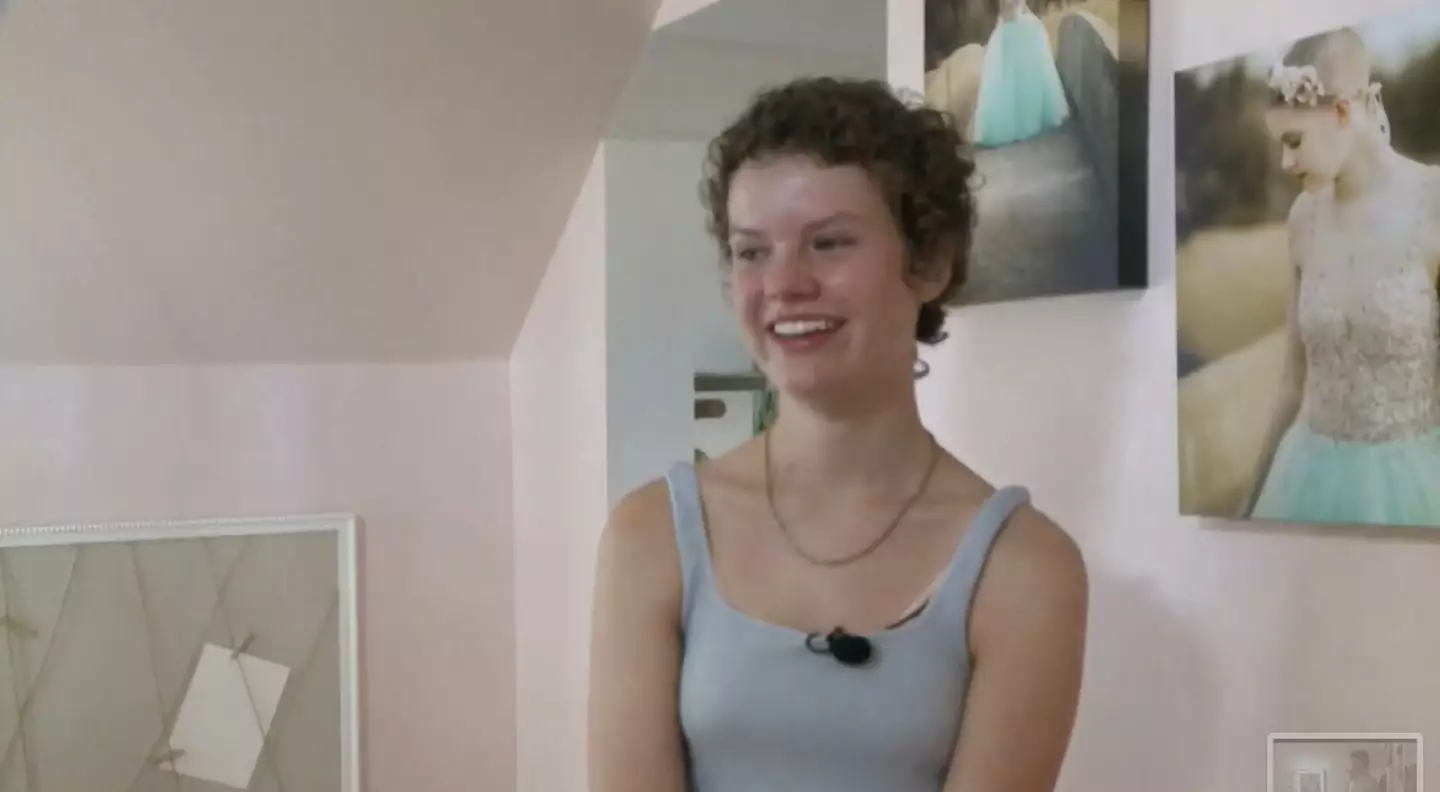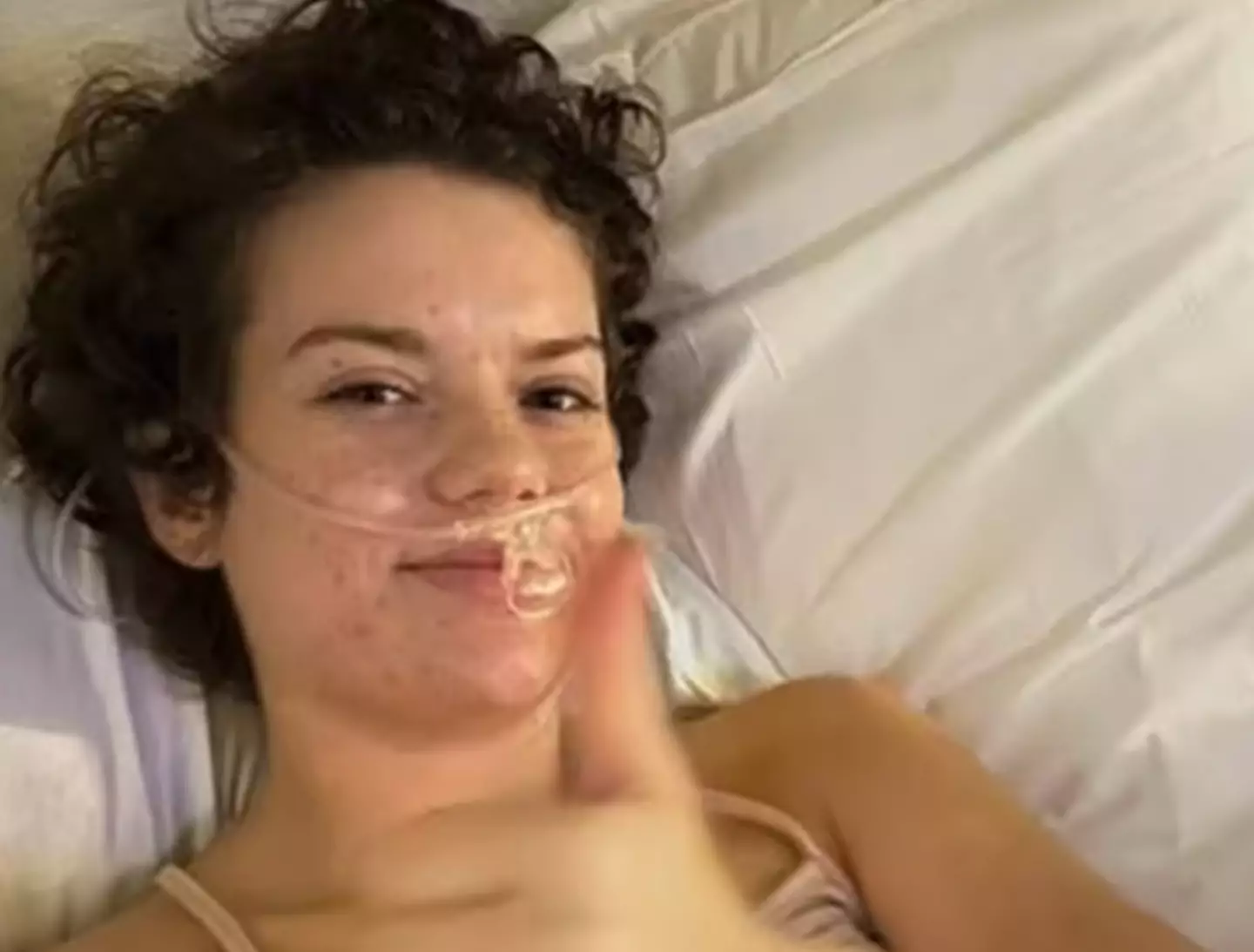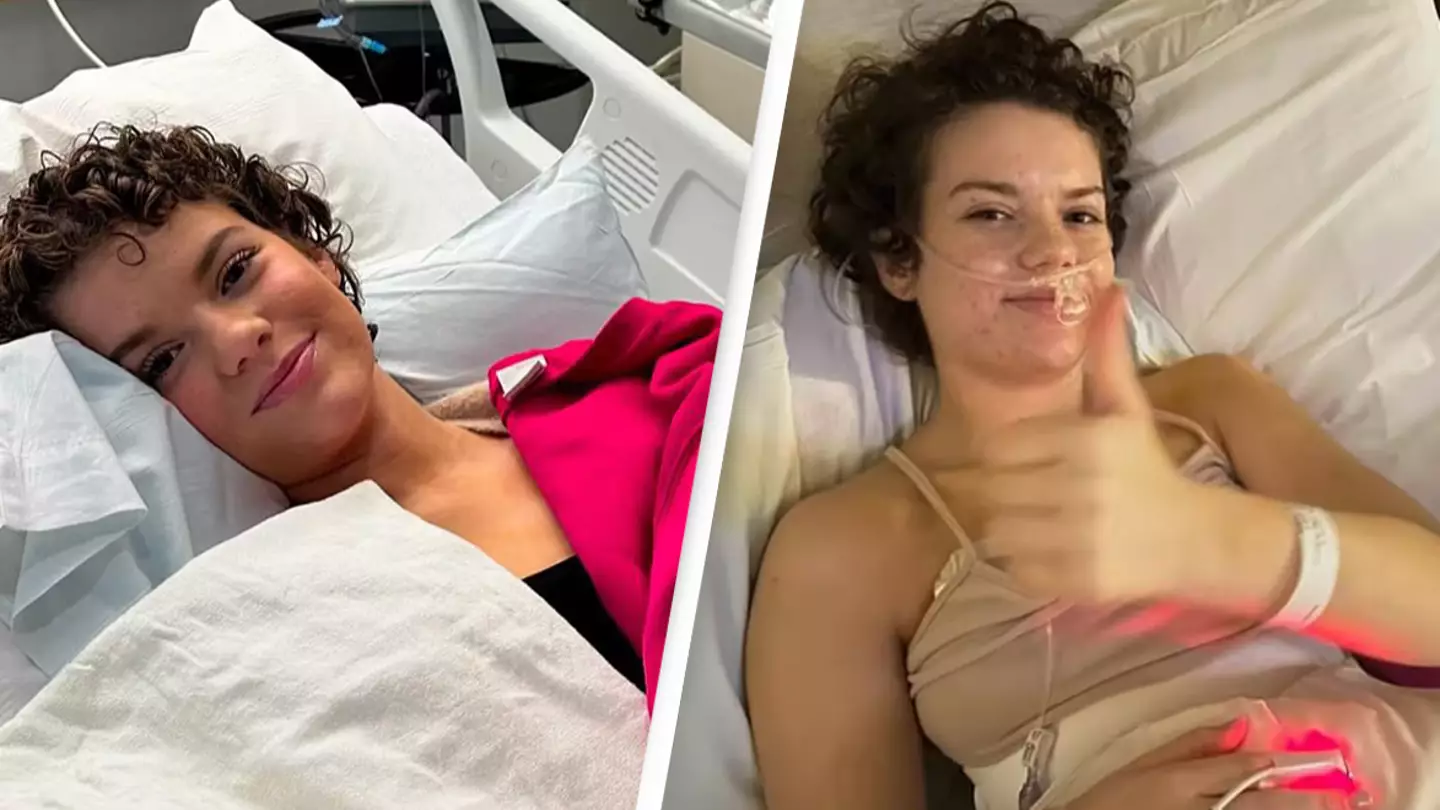When Liberty ‘Libbie’ Ashworth, an 18-year-old from Panora, Iowa, began experiencing unsettling symptoms in sixth grade, her medical journey turned into a nightmarish struggle for a proper diagnosis. After years of debilitating symptoms that included sickness, loss of appetite, severe constipation, and even blood in her stool, Libbie’s health concerns were repeatedly dismissed by doctors.
Speaking to TODAY, Libbie revealed the alarming oversight by her medical providers, “I was actually told that it’s normal for teenage girls to have bouts of blood in their stool.” The repeated misdiagnosis led her family to switch doctors in frustration.
Her father, Tim Ashworth, expressed his exasperation, noting the dismissive attitude of the medical professionals they consulted, who even suggested that visiting the doctor frequently was unnecessary. The frustration was shared by Libbie who felt devastated when her symptoms were suggested to be psychosomatic, “It almost broke me because it really hurt having a medical professional that I’m supposed to trust with my life tell me it was in my head,” she recounted.

The turning point in Libbie’s medical journey came in 2020 when she was rushed to the hospital with severe abdominal pains. This emergency led to a CT scan that unveiled a shocking discovery—a grapefruit-sized tumor in her abdomen. An MRI confirmed the worst: Libbie had stage 4 colon cancer.

Despite a successful ileostomy in February 2021, which helped alleviate a bowel obstruction, Libbie’s battle was far from over. At 17, scans showed the cancer had returned. Research by her mother uncovered a possible reason for the adverse reactions to chemotherapy—dihydropyridine dehydrogenase deficiency (DPD), a condition that was initially dismissed as too rare by their doctors but later confirmed in Libbie.
Libbie shared the grueling side effects she endured from the chemotherapy, “I had really bad hand and foot disease. My hair fell out after a day. My legs hurt. My feet hurt so bad I couldn’t walk. I had sores all the way down my mouth to my ileostomy. It was ultimately killing me because of how toxic it was.”

Currently, Libbie’s chemotherapy dosage has been halved, and her side effects have significantly reduced. There’s hope within the family that new treatments might become available that could better suit her condition.
If you or someone you know is struggling with similar health issues, you can reach out to the American Cancer Society at 1-800-227-2345 or engage with their live chat feature for support, available 24/7.

